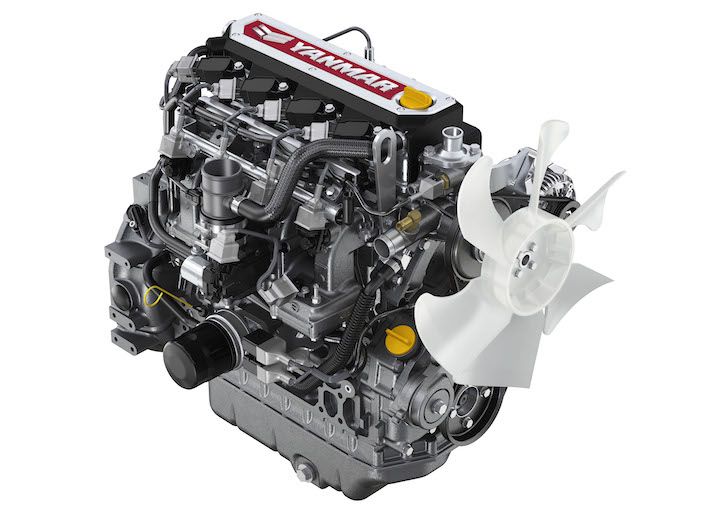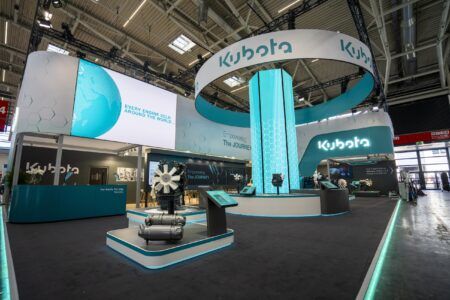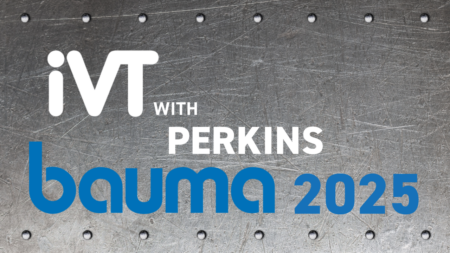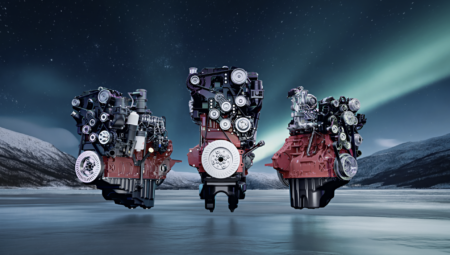Yanmar has announced it is in the process of developing bi-fuel industrial engines that can run on both liquid petroleum gas (LPG) and gasoline. The news coincides with the launch of two LPG-powered engines that meet US Environmental Protection Agency (EPA) Tier 2, California Air Resources Board (CARB) Tier 4, and EU Stage V emission regulations.
The clean-burning and quiet 4TN88G and 4TN98G models provide maximum output of 45kW and 63kW respectively. The engine control system on each unit optimizes air intake to achieve greater power and torque than diesel versions.
In addition, modifying the combustion system to suit LPG fuel has led to a 10% reduction in fuel consumption compared with current mixer systems – resulting in longer operational hours and extending the lifespan of the engine.
Engineers were also able to reduce the size of the engine by 9%, due to the company’s proprietary air-fuel mixing system. It was designed to be easily installed in forklifts, construction or agricultural vehicles.
Benefits of LPG
A Yanmar spokesman, said, “Gas engines produce very little particulate matter and are comparatively quieter than diesels. This makes them ideal for work indoors and in enclosed areas, where environmental concerns are a major consideration.
“We have more than 30 years of experience working with gas engines. This experience, together with our deep knowledge of industrial diesel engine technology, has enabled us to develop a proprietary gas combustion system for high-output, fuel-efficient and compact engines that display the durability and reliability required of industrial applications and deliver new value to customers.
“Furthermore, we have plans to introduce bi-fuel specification models that can run on both LPG and gasoline.”
Want to know more about the latest engine and powertrain technologies? Then visit the Industrial Vehicle Powertrain Conference, which takes place during iVT Expo, on February 13-14, 2019, in Cologne, Germany





